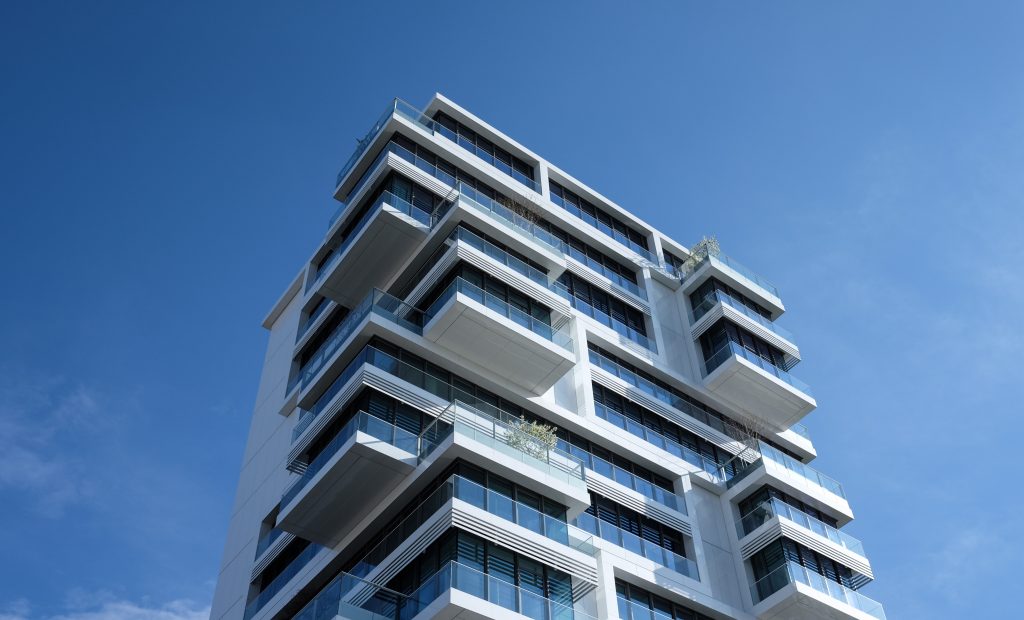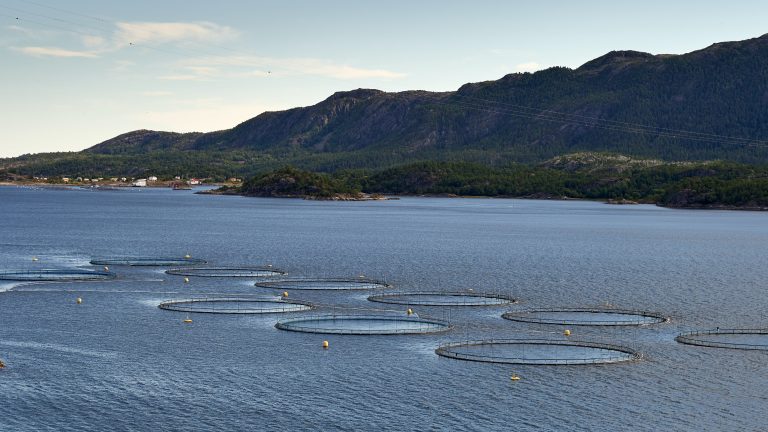Don't miss our holiday offer - 20% OFF!

Read also : Latest Innovation: High Water Sensors for Early Flood Detection
Modern commercial and residential buildings face demands for sustainability and energy efficiency. One innovative way to achieve these goals is by harnessing water sensors. In this article, we will explore how the use of water sensors can enhance energy efficiency and support the creation of sustainable green assets.
Contents
Water Sensors: What Are They and How Do They Work

Read also : Security and Privacy in Connected Parking Systems: Challenges and Solutions
What Are Water Sensors?
Water sensors are electronic devices specifically designed to detect, measure, and control water usage in an environment. They can be employed in various settings, including homes, commercial buildings, industries, and even agriculture.
How Do Water Sensors Work?
Water sensors operate by detecting changes in water flow or water quality. They are equipped with technologies such as pressure sensors, temperature sensors, and flow sensors that enable them to monitor water usage in real-time. Data collected by these water sensors can be used to identify leaks, optimize water usage, and save energy.
Benefits of Implementing Water Sensors in Sustainable Buildings

Read also : Security and Preparedness Enhanced by Smart EWS Technology
The implementation of water sensors in buildings offers numerous benefits that can help create more energy-efficient green assets. Some key advantages include:
Swift Leak Detection
Water sensors can swiftly detect water leaks that might go unnoticed through manual inspection. This helps prevent resource wastage and environmental damage caused by undetected leaks.
Water Usage Optimization
With data collected by water sensors, buildings can optimize their water usage. This includes regulating water usage for irrigation, using water-efficient toilets, and employing smart cooling systems.
Energy Savings
Efficient water usage also translates to energy savings. For instance, sensor-controlled water usage can reduce the energy needed to pump water into the building.
Contribution to a Cleaner Environment
By reducing water and energy wastage, the use of water sensors helps mitigate the environmental impact of buildings. This is a crucial step in creating green assets that support environmental sustainability.
Conclusion

Read also : Optimizing Office Energy Use with Smart Technology
Utilizing water sensors in buildings is a significant step toward creating energy-efficient and sustainable green assets. By identifying leaks, optimizing water usage, saving energy, and promoting a cleaner environment, buildings can become more sustainable and eco-friendly. As a building owner or manager, consider integrating water sensors into your building’s infrastructure to support sustainability goals.





